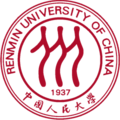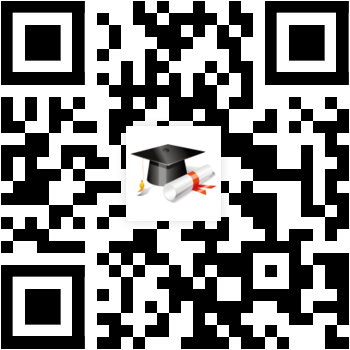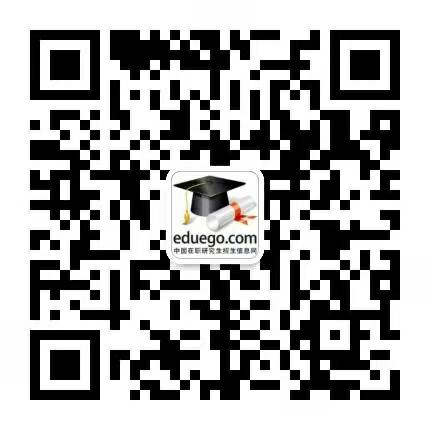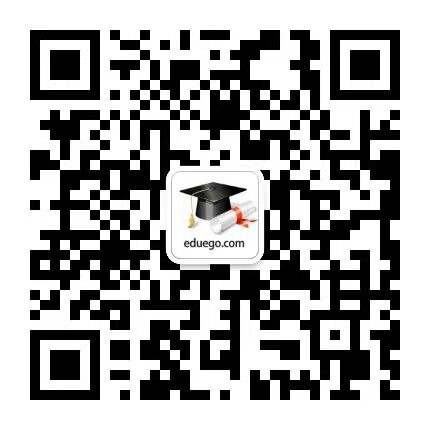同等學(xué)力英語(yǔ)考前沖刺翻譯練習(xí)(3)
來(lái)源:在職研究生招生信息網(wǎng) 發(fā)布時(shí)間:2015-07-22 13:35:00
1. __________________ (他們的獨(dú)生兒子從未想過(guò)) to leave them and strike out on his own though he is in his late twenties.
2. Before you take any action, please remember to __________________ (權(quán)衡你的決定會(huì)產(chǎn)生的后果).
3. He assured his friend that under no circumstances __________________ (他會(huì)違背還錢(qián)的承諾).
4. Most educators advise that kids __________________ (不要沉溺于電腦游戲).
5. Business major as he is, he has __________________ (從未考慮過(guò)從事推銷(xiāo)員工作).
6、The professor required that ________________ (我們交研究報(bào)告)by Wednesday.
7、Though a skilled worker, _______________ (他被公司解雇了)last week because of the economic crisis.
8、It was reported that 65% of traffic accidents in this city _______________ (是由行車(chē)不慎造成的).
9、 ________________(希特勒是武裝到牙齒的)when he launched the Second World War,but in a few years,he was completely defeated.
10、They are having a discussion ________________(目的是尋找改善質(zhì)量的途徑)
【答案解析】
1. Their only son has never thought
2. weigh your decision against its possible consequences.
3. would he break/breach his promise/commitment to pay back the money.
4. should not be addicted to computer games. / should not indulge themselves in computer games / should not abandon themselves to computer games.
5. never considered working as a salesman.
6. we hand in our research report(s)
由require引導(dǎo)的that賓語(yǔ)從句在表示指令性含義的時(shí)候應(yīng)該用虛擬語(yǔ)氣,即:require that sb. (should) do sth.通常should可以省略。required用過(guò)去時(shí)態(tài)是個(gè)干擾項(xiàng),如果考生沒(méi)有注意到虛擬語(yǔ)氣的話(huà)可能就會(huì)把需填補(bǔ)部分的動(dòng)詞“交”錯(cuò)譯成handed in. 類(lèi)似的動(dòng)詞還有:advise,ask,beg,command,decide,decree,demand,desire,determine,insist,move(建議),order,prefer(寧愿),propose,recommend,request,require,suggest(建議),urge(極力主張),vote等。類(lèi)似的形容詞有:advisable,appropriate,better,best,desirable,essential,fitting,imperative,important,impossible,incredible,insistent,natural,necessary,obligatory,preferable,proper,ridiculous,strange,surprising,urgent,vital等。句末的by Wednesday表示在某個(gè)時(shí)間之前,這雖然不是本題考點(diǎn),但考生應(yīng)該看到by Wednesday和on Wednesday的區(qū)別。
7. he was fired by the company
很多同學(xué)在口語(yǔ)表達(dá)中容易說(shuō)成though…but…,這是受了漢語(yǔ)母語(yǔ)負(fù)遷移的影響,在書(shū)面語(yǔ)中是絕對(duì)不允許的。讓步狀語(yǔ)從句though和but絕對(duì)不能同時(shí)出現(xiàn)在一個(gè)句子里,就像because和so一樣。“解雇”在英語(yǔ)里有很多表達(dá):fire,dismiss,kick out,throw out,sack等。Though a skilled worker是Though he was a skilled worker的省略表達(dá)。考生還要注意分析本題的邏輯關(guān)系:前后兩個(gè)部分是轉(zhuǎn)折含義,大的轉(zhuǎn)折中又包括一個(gè)小的因果。
8. arose from careless driving
本題考查慣用搭配。“行車(chē)不慎”可以翻譯成careless driving;“由……造成”用arise from。譯為:據(jù)報(bào)道,城市里65%的交通事故是由行車(chē)不慎造成的。
arise主要用于指無(wú)形的、抽象的東西的出現(xiàn)或產(chǎn)生;arise from表示“由……引起”,“因……產(chǎn)生”,下列搭配也可用來(lái)表達(dá)這一意思:be caused by,bring on,result in,give rise to等。考生容易將rise與arise混淆:rise通常指起身或用于事物自動(dòng)升起或映入眼簾,還可以指水、價(jià)格等上漲。例如:That candidate rose to his feet to deliver his speech.(那位候選人站起來(lái)發(fā)言。)
9. Hitler was armed to the teeth
本題需要用直譯法翻譯。通過(guò)前面的講解大家已經(jīng)知道,直譯法是按照原文的表層意思進(jìn)行翻譯,它的好處是不僅保留了原文的內(nèi)容也保留了原文的形象、比喻、民族地方色彩等。“武裝到牙齒”是說(shuō)軍隊(duì)裝備精良,戰(zhàn)備充分,具有較強(qiáng)抵御和攻擊能力。有同學(xué)可能會(huì)意譯成Hitler prepared very well或Hitler had strong armed forces或Hitler prepared first-class military equipment,意譯并沒(méi)有錯(cuò),但在內(nèi)涵、力度和韻味上就遠(yuǎn)沒(méi)有原文生動(dòng)形象,表達(dá)起來(lái)枯燥乏味。“武裝到牙齒”是一個(gè)漢語(yǔ)習(xí)語(yǔ),英文里恰好也有一個(gè)習(xí)語(yǔ)be armed to the teeth,含義相同,韻味不減。
10. to find ways to improve the quality
本題考查不定式作后置定語(yǔ)。discussion是后置定語(yǔ)修飾的中心詞。“目的是……”可以用in order to,so as to,to來(lái)表示。不定式作后置定語(yǔ)從句都可以轉(zhuǎn)換成:“…Whose purpose is to…”的結(jié)構(gòu),如:They are having a discussion whose purpose is to find ways to improve the quality.(他們正在進(jìn)行一場(chǎng)目的為想辦法提高)





















